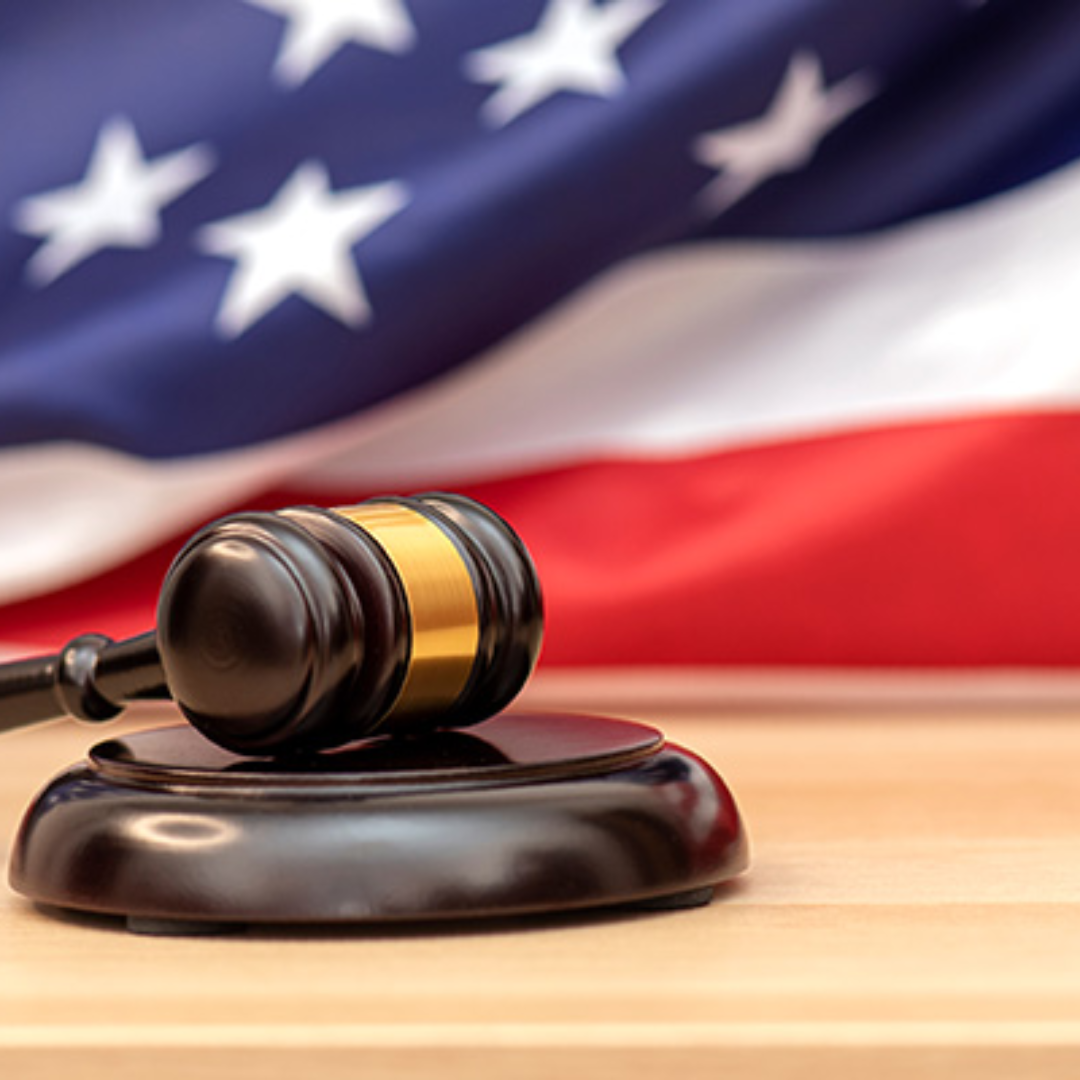The U.S. is in a big fight with four states: New York, Vermont, Michigan, and Hawaii. The federal government, through its Department of Justice (DOJ), has filed lawsuits against these states. The reason? The government thinks these states are trying to do something they’re not allowed to do. They want oil and gas companies to pay for the damage caused by climate change, like floods and wildfires. The federal government says only it has the power to make rules about climate change, not the states.
This legal battle started at the end of April and the beginning of May. The lawsuits are about two main things. First, New York and Vermont passed laws called “climate superfund” laws. These laws want fossil fuel companies to pay a lot of money to fix climate problems. Second, Michigan and Hawaii are planning to sue oil companies using their own state laws. They say these companies caused pollution and climate disasters. The federal government wants the courts to stop these state plans before they can start.
Why States Are Taking Action
The states are worried about climate change. They see more storms, fires, and floods happening, and these disasters cost a lot of money to fix. They believe fossil fuel companies, which make oil, gas, and coal, should help pay for the damage. Why? Because when people use these products, they release gases that warm the planet and cause climate problems.
New York’s climate superfund law is a big example. It says fossil fuel companies must pay $75 billion into a special fund. This money would help build stronger roads, bridges, and buildings to protect people from climate disasters. Vermont has a similar law, but it doesn’t say a specific amount yet. Instead, it asks state officials to figure out how much damage climate change has caused.
Climate Change Triggers Unprecedented Coral Bleaching Impacting Oceans
What makes these laws different is that they don’t just look at pollution in their own states. They want companies to pay for pollution they caused all over the world. That’s a big deal, and it’s one reason the federal government is upset.
Michigan and Hawaii are taking a different approach. They’re getting ready to sue oil companies using state laws, like ones about public nuisance or protecting consumers. They say these companies knew their products were harmful but didn’t tell anyone. These lawsuits would demand money to fix the damage caused by climate change.
Why the Federal Government Is Fighting Back
The federal government says these state actions break important rules. It has four main reasons for suing the states. First, it says a law called the Clean Air Act gives the U.S. Environmental Protection Agency (EPA) the job of controlling greenhouse gases. These are the gases that come from burning fossil fuels and cause climate change. The government says states can’t make their own rules about these gases because they affect the whole world, not just one state.
Second, the federal government says these state laws try to punish companies for things they did outside the state, even in other countries. The government thinks that’s not fair and not allowed.
Third, the government says these laws could mess up trade between states and countries. For example, they might make it harder for fuel or goods to move around. The U.S. Constitution says only the federal government can control trade like that.
Massive Rise in Earth Temperature Breaks Climate Threshold
Fourth, the government is worried about other countries. If a state tries to punish a company from another country or make rules that don’t match U.S. climate agreements, it could cause problems with how the U.S. works with other nations. The federal government says that’s a big no-no.
These lawsuits came soon after the current federal administration made new rules. One of those rules says state climate lawsuits could hurt the country’s energy supply and safety. Right now, all four lawsuits are just starting. The states are expected to argue that they have the right to protect their people and land from climate harm. This legal fight is a major clash between what states want to do and what the federal government says they can do.

